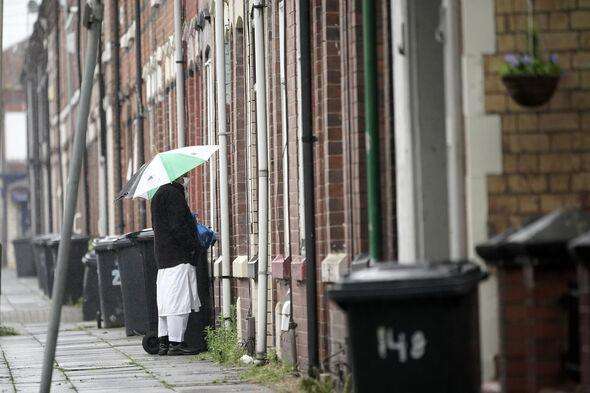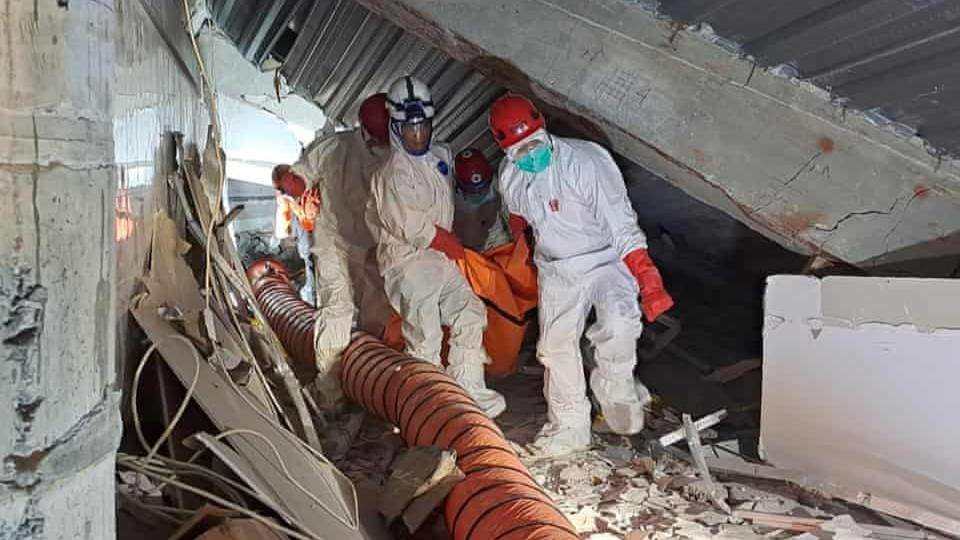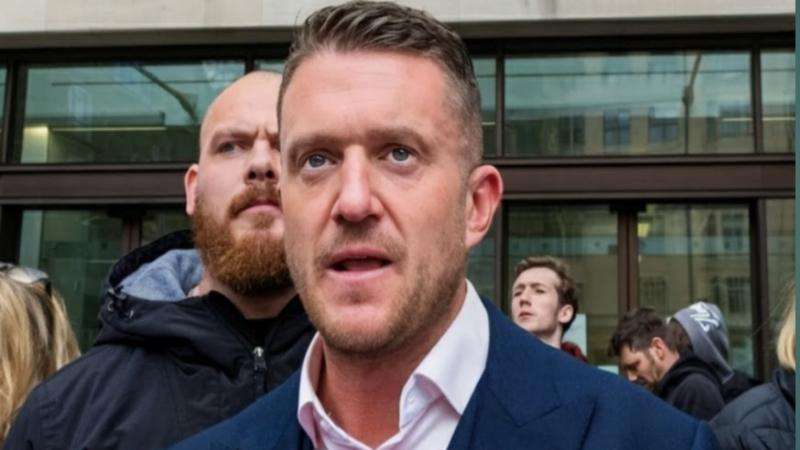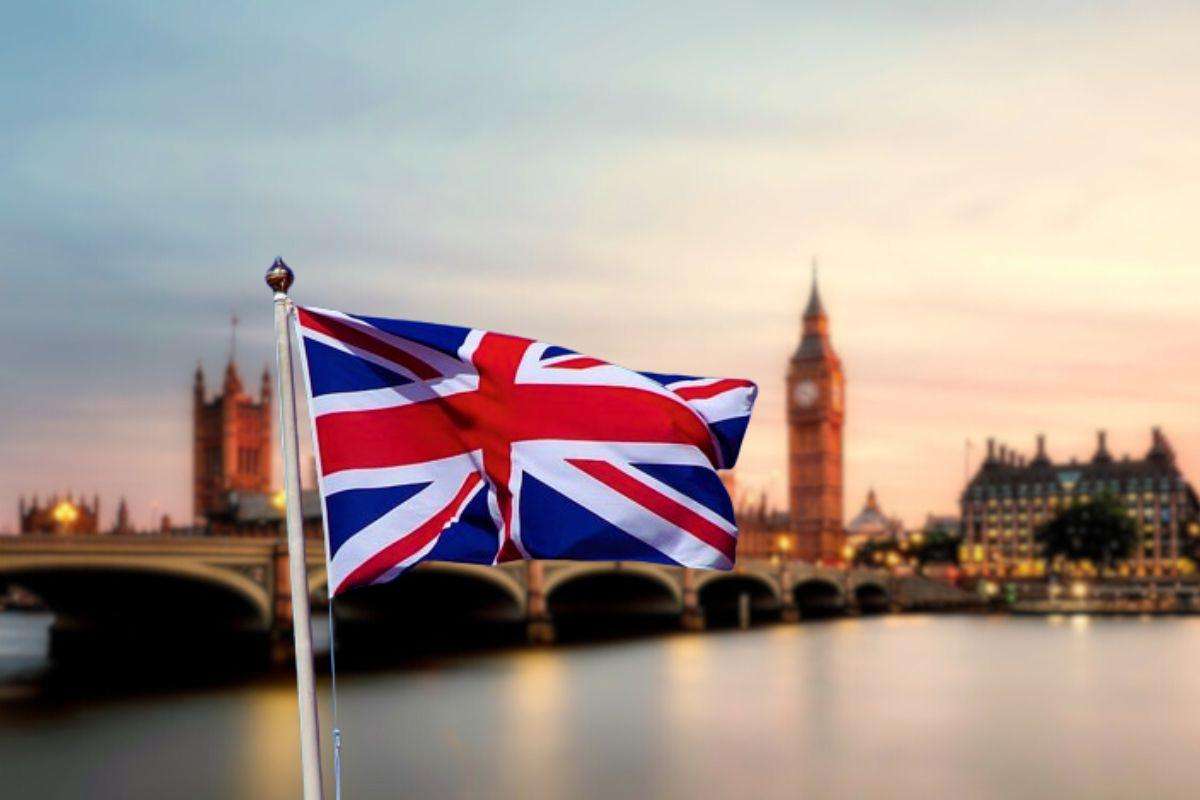A judge who ruled against the UK over the Chagos Islands has also called for Britain to pay more than £18 trillion in slavery reparations.
Jamaican judge Patrick Robinson, who previously served on the International Court of Justice (ICJ), was among those who ruled in 2019 that the UK should transfer the islands to Mauritius "as rapidly as possible." This ruling has since been a key argument for Britain’s ongoing negotiations to hand over the Chagos Islands to Mauritius in a multi-billion-pound, 99-year agreement.
The deal, pushed forward by Prime Minister Sir Keir Starmer and Attorney General Lord Hermer after taking office last year, has faced criticism from Conservative figures and some of Donald Trump’s allies.
Robinson, one of the judges involved in the Chagos ruling, is also a vocal advocate for Britain paying reparations to African and Caribbean nations for slavery. He co-authored a 2023 UN report estimating the UK’s reparations obligation at more than £18 trillion. At the time, he stated that this figure was an “underestimation” of the impact of Britain’s involvement in the transatlantic slave trade.
“Once a state has committed a wrongful act, it’s obliged to pay reparations,” Robinson told the BBC.
Calls for Historical Accountability
The UN report, which Robinson helped compile alongside economists, historians, and legal experts, calculated that 31 former slaveholding nations collectively owed £87.1 trillion in reparations, with the UK’s share amounting to £18.8 trillion—more than seven years’ worth of Britain’s total GDP.
During the report’s launch at the London Mayor’s office, Robinson argued that reparations were essential to "complete the process of emancipation." London Mayor Sadiq Khan echoed these sentiments, stating that Britain's involvement in slavery was a "depraved experiment" and that its scale should not be denied or downplayed.
The Chagos Islands Dispute
Lawyers representing Mauritius and other nations in the ICJ case argued that transferring the Chagos Islands to Mauritius was part of a necessary “decolonisation” process. The court accepted this argument, ruling in favor of the transfer.
The Telegraph previously reported that one of the judges in the ICJ ruling against the UK was a former Chinese foreign ministry official who had also sided with Russia in a separate ruling related to the Ukraine war.
Critics of the ruling argue that the Chagos Islands—home to a strategically significant British-American military base—were never part of Mauritius. While both territories were once under British rule, only Mauritius was granted independence in 1968. The UK later removed native Chagossians to accommodate the Diego Garcia military base, with many descendants of those displaced now living in Britain.
The UK has historically resisted Mauritius’s legal challenges over the islands, maintaining that the issue should be resolved between the two countries rather than through international courts. However, the involvement of the UN and ICJ has raised concerns that Britain could be in breach of international law if it refuses to transfer the territory.
Earlier this month, Downing Street warned that failing to hand over the islands—at a cost of billions to taxpayers—could disrupt the electromagnetic spectrum used at the Diego Garcia base. However, a government minister later clarified that the worst potential consequence would be "arbitration" by the UN’s International Telecommunication Union.
Shadow Justice Secretary Robert Jenrick criticized the ICJ ruling, stating, “The court had judges appointed by Putin and Xi, and now we learn that one is pursuing vexatious reparations claims against the UK.”
He added, “The court’s judgment isn’t binding. If Starmer had a backbone, he’d ignore it. Every day, we learn something new that makes this deal even more ridiculous. This cowardly surrender must end.”
_4.jpg)

_4.jpg)





.svg)


